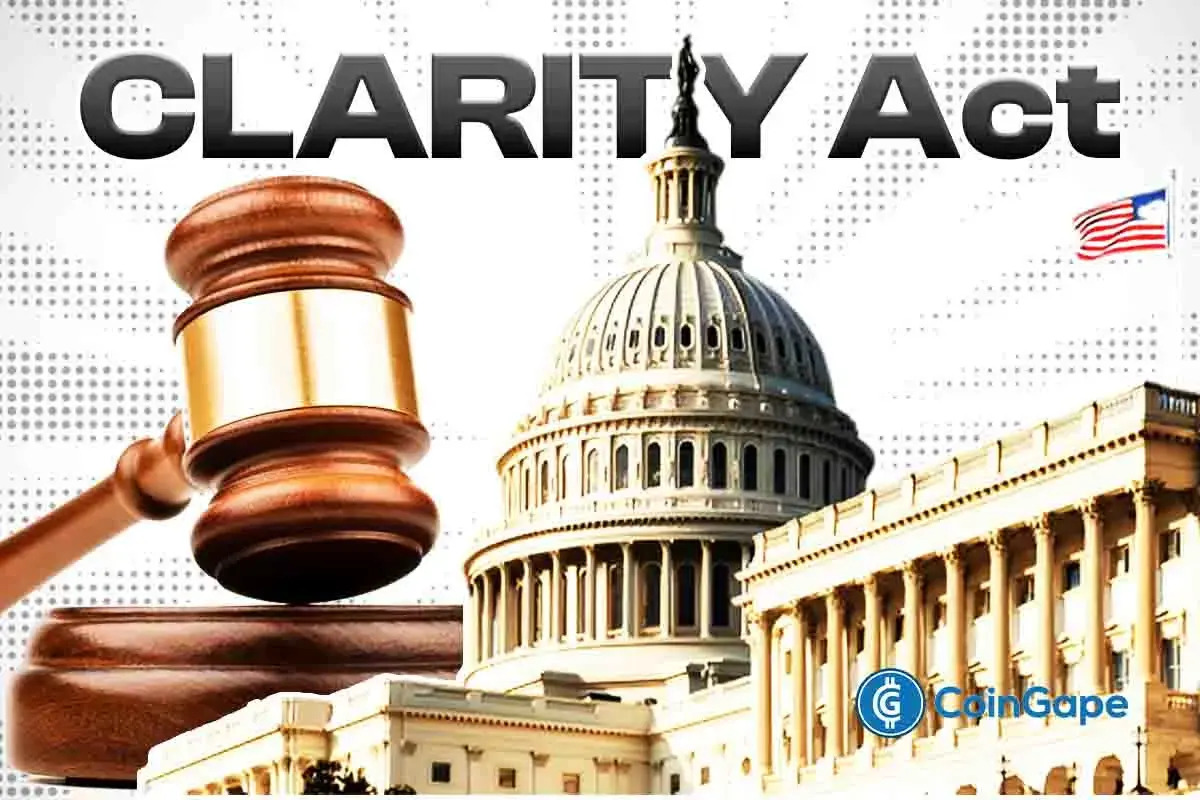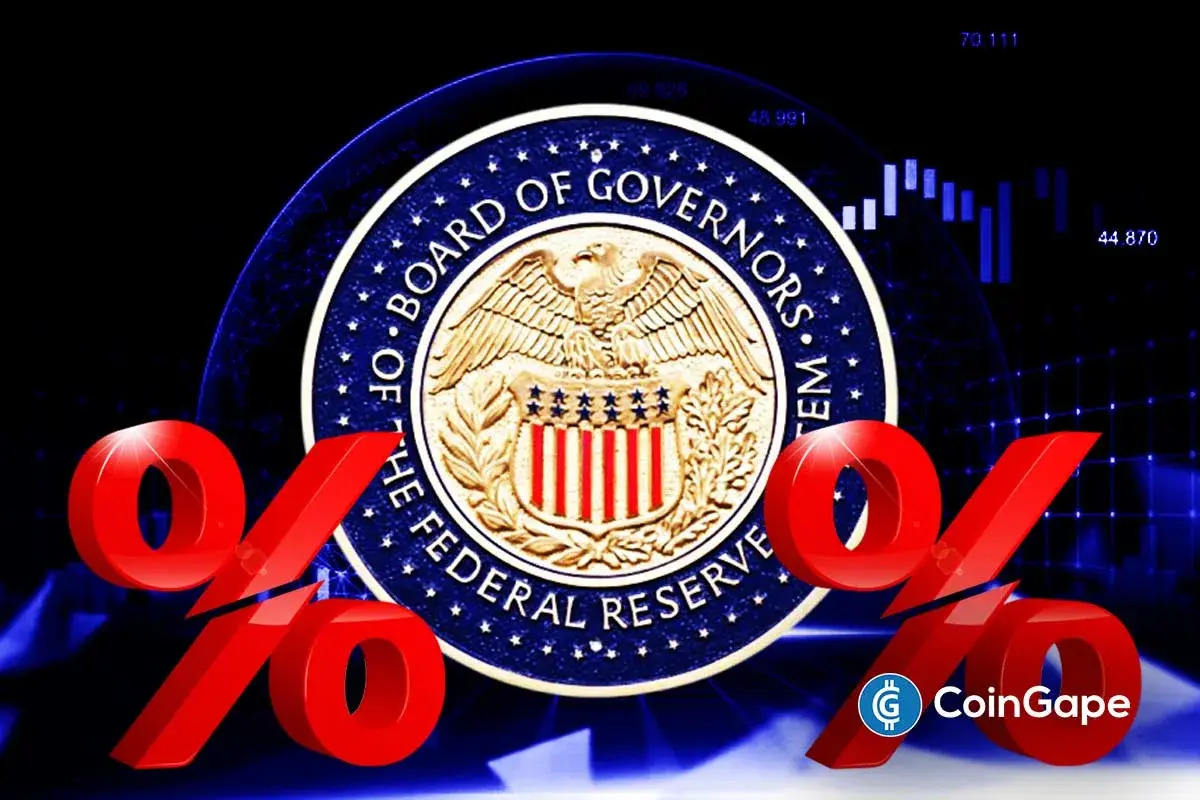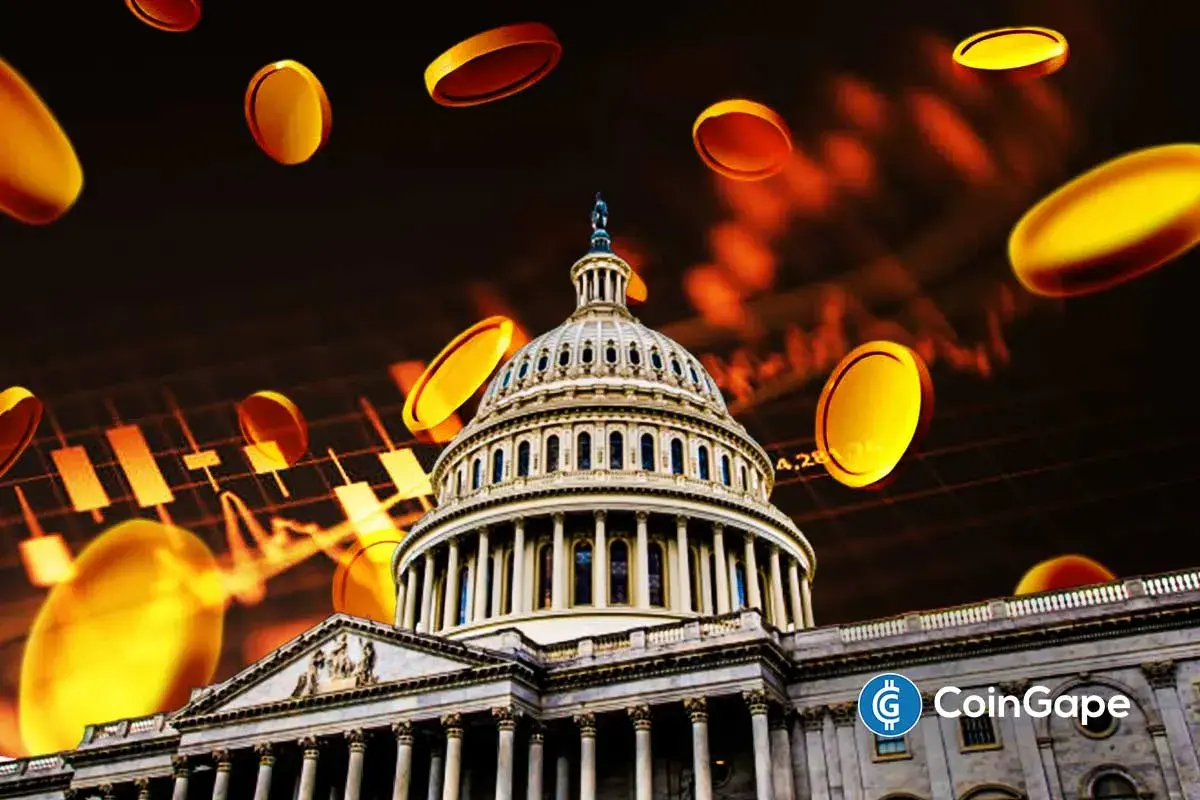Federal Court Overturns SEC Rules on Private Fund Fee Disclosures

Highlights
- The US Fifth Circuit Court of Appeals struck down SEC regulations on fee disclosures by private funds.
- The court supported the argument that the SEC exceeded its authority with the new rules.
- The SEC faces criticism following multiple legal defeats, including a significant ruling in favor of Ripple.
In a ruling, the US Fifth Circuit Court of Appeals in New Orleans invalidated the SEC’s regulations mandating hedge funds and private equity firms to disclose quarterly fees and expenses. This decision marks a notable defeat for the Securities and Exchange Commission, which has been pushing for increased transparency in the private funds industry.
Court Rejects SEC Rules on Private Funds
The court agreed with the argument presented by industry groups that the SEC had exceeded its regulatory authority. Industry representatives, including the American Investment Council and the Managed Funds Association, filed a lawsuit shortly after the rules were enacted in August, claiming these regulations would drastically alter the oversight of private funds in the United States. They argued that the sophisticated nature of private equity investors made the imposed rules unnecessary. Moreover, these groups asserted that such investors would not commit capital to a sector they believed required a governmental overhaul.
Furthermore, the ruling highlighted the ongoing tension between regulatory efforts and industry practices. The judges, two appointed by former President Donald Trump and one by George W. Bush, supported the notion that the 2010 Dodd-Frank Act did not justify the SEC’s expansive approach. Eugene Scalia, former Trump administration Labor Secretary and son of the late Supreme Court Justice Antonin Scalia represented the industry groups, emphasizing the need for regulatory restraint in markets driven by knowledgeable investors.
Ripple and Debt Box Cases Impact Regulation
This court decision adds to a series of legal challenges faced by the SEC. Recently, the agency faced a setback in the Debt Box lawsuit, where a U.S. district court sanctioned the SEC for what it called a gross abuse of power. This follows another loss in the ongoing Ripple Vs. SEC case, where Judge Analisa Torres ruled that XRP, the cryptocurrency in question, does not meet the criteria of an investment contract, thereby not classifying it as a security.
These legal defeats reflect broader scrutiny of the SEC’s strategies under Chair Gary Gensler, whose tenure has been marked by a proactive regulatory stance towards private funds and other sectors. The agency had not responded to requests for comment on the recent court ruling at the time of writing. However, it has previously defended its rules as a balanced and necessary step towards protecting investors and ensuring fair market practices.
Also Read: SEC Chair Gensler Hints at Slower S-1 Approval for Ethereum ETFs
- XRP News: Ripple Taps Zand Bank to Boost RLUSD Stablecoin Use in UAE
- BitMine Keeps Buying Ethereum With New $84M Purchase Despite $8B Paper Losses
- Polymarket Sues Massachusetts Amid Prediction Market Crackdown
- CLARITY Act: Bessent Slams Coinbase CEO, Calls for Compromise in White House Meeting Today
- Crypto Traders Reduce Fed Rate Cut Expectations Even as Expert Calls Fed Chair Nominee Kevin Warsh ‘Dovish’
- XRP Price Prediction Ahead of White House Meeting That Could Fuel Clarity Act Hopes
- Cardano Price Prediction as Bitcoin Stuggles Around $70k
- Bitcoin Price at Risk of Falling to $60k as Goldman Sachs Issues Major Warning on US Stocks
- Pi Network Price Outlook Ahead of This Week’s 82M Token Unlock: What’s Next for Pi?
- Bitcoin and XRP Price Prediction as China Calls on Banks to Sell US Treasuries
- Ethereum Price Prediction Ahead of Feb 10 White House Stablecoin Meeting
















